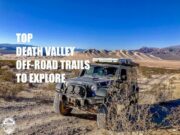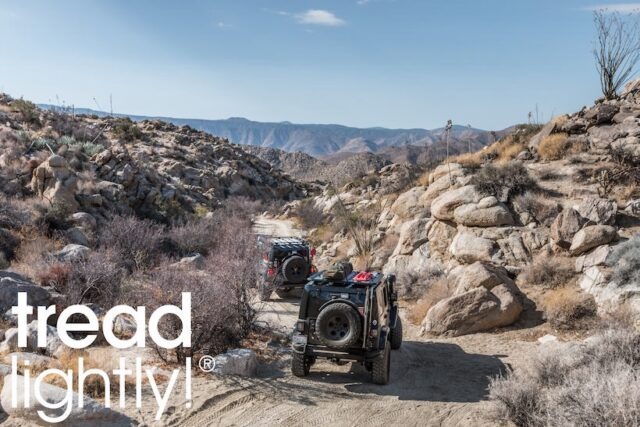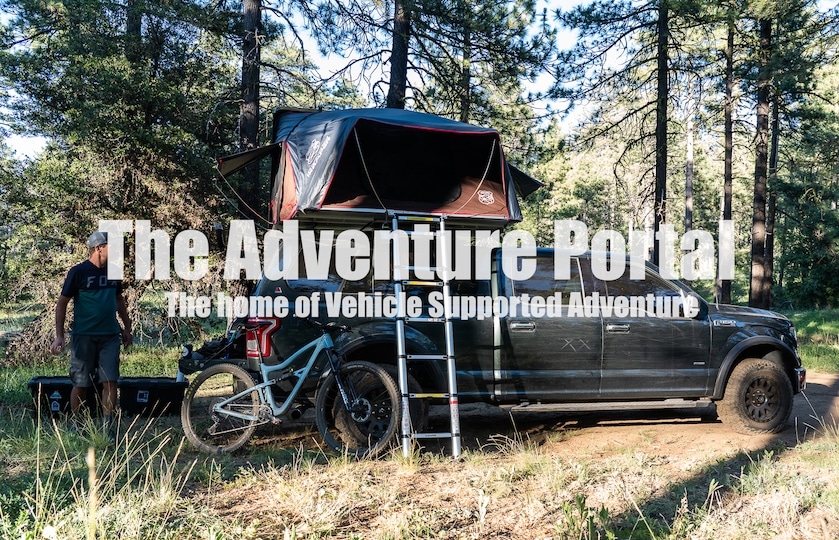Respect and Responsibility: As off-roading and overlanding grow in popularity and machines like ATVs and UTVs are more prevalent on these trails, it’s important to remember how to tread lightly and why it’s important to stay on the trail, follow signs and leave these trails better than you found them.
Overuse, abuse and damage lead to trail closures. No matter what kind of outdoor activities you enjoy, there is the potential to impact the land and resources negatively. To help maintain access and keep public land healthy and beautiful, outdoor recreationists need to approach their favorite trails with a sense of respect and responsibility.
Respect for public land comes in many different forms. Not only should you take care of the resources you recreate on, but also be conscientious and courteous to those who are sharing the trail, might be at the campsite you’re using next and the land managers who maintain public land.
So what are some ways you can be respectful when riding and off-road vehicle? Firstly, leave the area better than you found it. Bring a trash bag on the trail to help pack out any trash you might find. Stay on designated trails and go over obstacles, not around, to avoid widening the trails.
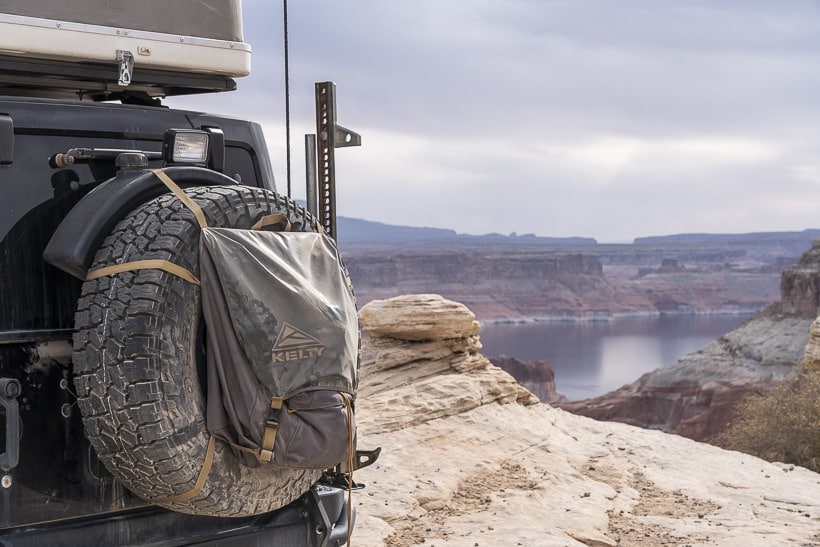
Not only should you respect the land you’re on, but the people you may encounter. If crossing private property, always get permission from landowners and leave gates as you found them. Be conscientious of noise in populous areas like campsites and neighborhoods. Always yield to those passing you or going uphill and be courteous to other trail users and land managers.
We all have a shared stake and responsibility in taking care of our public land for current and future generations to use and enjoy. If every person who enjoys the outdoors commits to doing their part and giving back to the land they use, it could make a big difference.
There are many ways to be responsible when off-roading. Even campers, hikers and fishermen sometimes take a dirt trail on their vehicle to get to a trailhead or water shore. When on the trail, remember to travel responsibly and know what areas are open to your mode of transportation. Before you head out, check out the land management website or maps to know what trails are designated for your type of recreation.
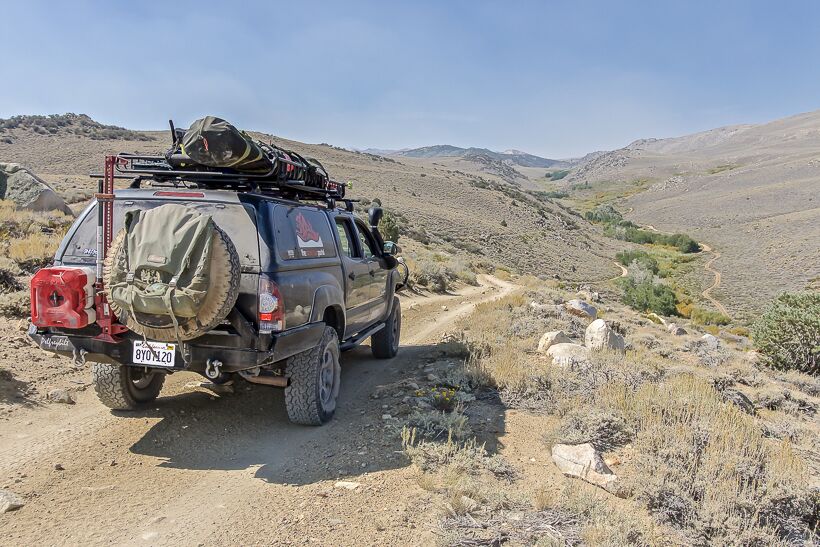
Remember, motorized and mechanized vehicles aren’t allowed in designated Wilderness Areas. Please respect that. Other sensitive areas to be aware of are meadows, lake shores, wetlands and streams. By staying on the trail, you avoid negatively impacting these resources. Also be aware of historical, archaeological and paleontological sites and leave these areas undisturbed and as you found them.
Doing your part can be a small act of throwing away trash you found on the trail, supporting organizations that keep trails open and healthy or volunteering for a local trail restoration project. Help leave areas better than you found them by doing your part. This means packing out all trash you brought in and trash left by others, observing fire restrictions, avoiding the spread of invasive species and even repairing degraded areas.
If every trail user takes the time to learn how to show respect and be responsible, it can make a huge difference on our public land and trails. To learn more about responsible off-roading and how to minimize your impact, visit treadlightly.org.
To read more about Stewardship and Tread Lightly click HERE
____________________________________________________________________
Check out TAP’s Ultimate Resource Guide to Vehicle Supported Adventure and Overlanding HERE





